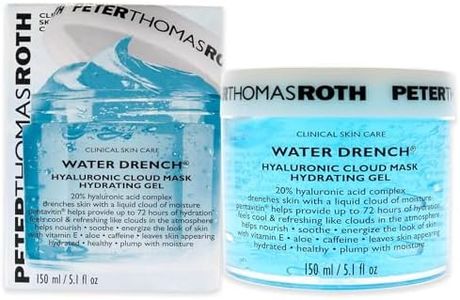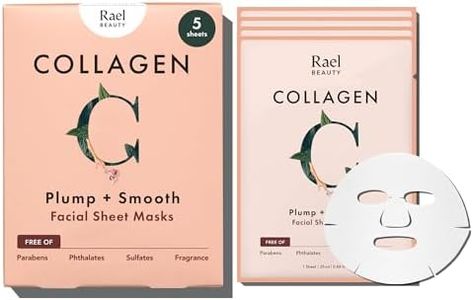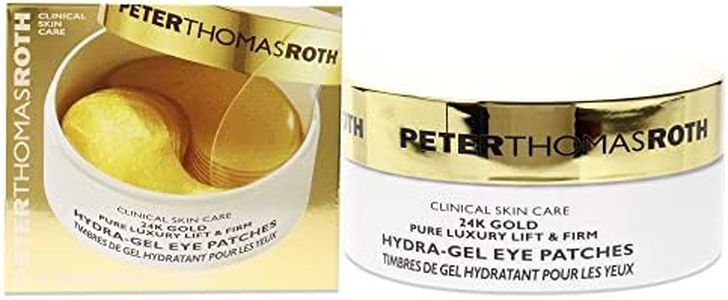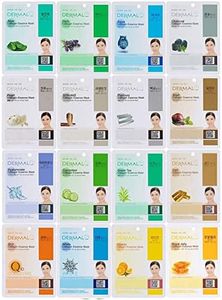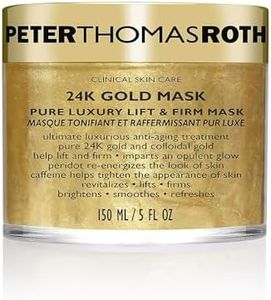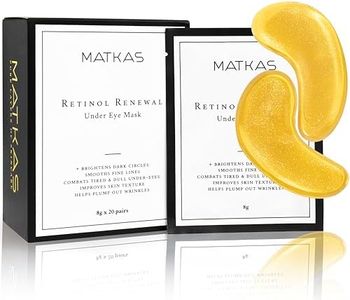We Use CookiesWe use cookies to enhance the security, performance,
functionality and for analytical and promotional activities. By continuing to browse this site you
are agreeing to our privacy policy
10 Best Collagen Masks
From leading brands and best sellers available on the web.Buying Guide for the Best Collagen Masks
Choosing the right collagen mask can make a noticeable difference in your skincare routine. Collagen masks are designed to hydrate, plump, and improve the elasticity of your skin, but not all masks are created equal. To find the best fit for you, it's important to understand the key features and ingredients that make each mask unique. By focusing on your skin type, concerns, and how often you plan to use the mask, you can select a product that will help you achieve your skincare goals.Type of CollagenCollagen in masks can be derived from different sources, such as marine (fish), bovine (cow), or plant-based alternatives. This is important because some people may have allergies or preferences regarding animal-derived ingredients. Marine collagen is often praised for its smaller molecules, which may absorb better, while plant-based options are suitable for vegans. If you have sensitive skin or specific ethical concerns, check the source of collagen and choose one that aligns with your needs.
Mask FormatCollagen masks come in various formats, including sheet masks, cream masks, and gel masks. Sheet masks are convenient and mess-free, making them great for quick treatments. Cream and gel masks can be more hydrating and are often left on for longer periods. If you want a quick, easy application, go for sheet masks. If you prefer a more intensive treatment, cream or gel masks might be better. Consider your lifestyle and how much time you want to spend on your skincare routine.
Additional IngredientsMany collagen masks include extra ingredients like hyaluronic acid, vitamins, or botanical extracts. These can enhance the mask's benefits, such as adding moisture, soothing irritation, or brightening the skin. If your main concern is dryness, look for masks with hydrating ingredients. For sensitive skin, choose masks with calming components like aloe vera or chamomile. Always check the ingredient list to ensure it matches your skin's needs and avoid anything you know you’re sensitive to.
Skin Type CompatibilitySome collagen masks are formulated specifically for dry, oily, sensitive, or combination skin. This matters because a mask that’s too rich may clog pores on oily skin, while a lightweight mask might not provide enough moisture for dry skin. Identify your skin type and look for masks labeled as suitable for it. If you’re unsure, opt for masks marked as suitable for all skin types, but always do a patch test first.
Frequency of UseCollagen masks vary in how often they can be used—some are gentle enough for daily use, while others are meant for weekly treatments. This is important because overusing a strong mask can irritate your skin, while using a gentle one too infrequently might not give you the results you want. Think about how often you want to use the mask and choose one that fits your routine. If you’re new to masks, start with once a week and adjust as needed.
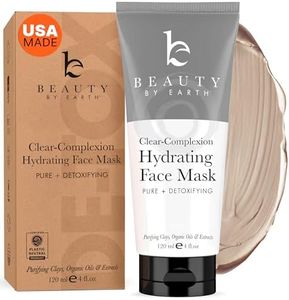

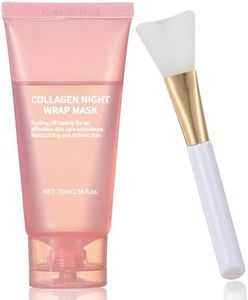
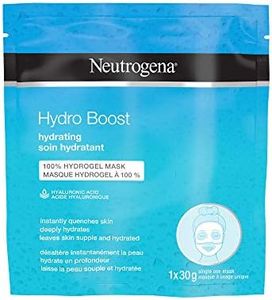

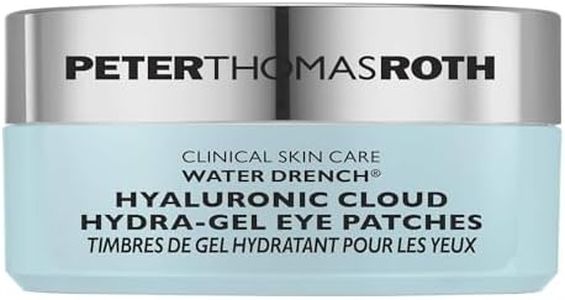


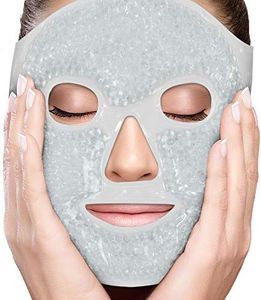
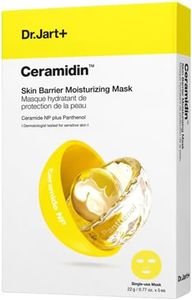

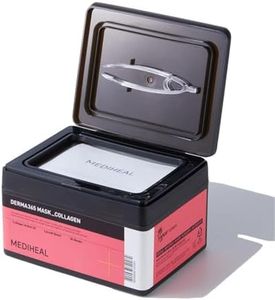
![Dr. Jart+ Cryo Rubber With Firming Collagen Dr. Jart Trio Rubber with Firming Collagen [Parallel Import]](https://images-proxy.bestreviews.guide/TDJdocH0g4tXTvQVKnXp2xnPEac=/0x300/https://m.media-amazon.com/images/I/41Zlxcku82L._AC_CX679_.jpg)
